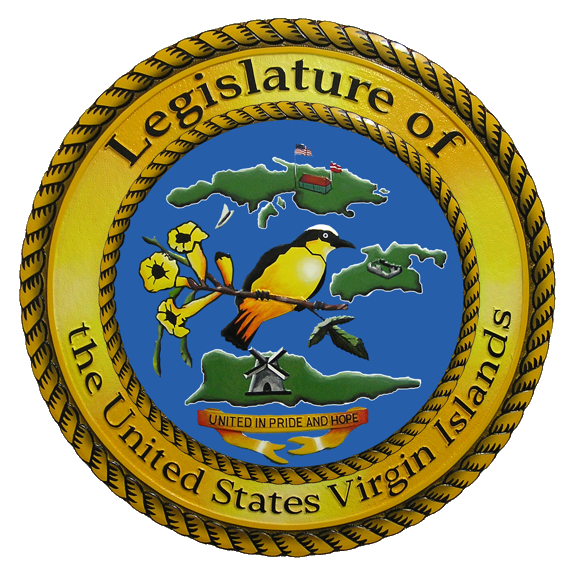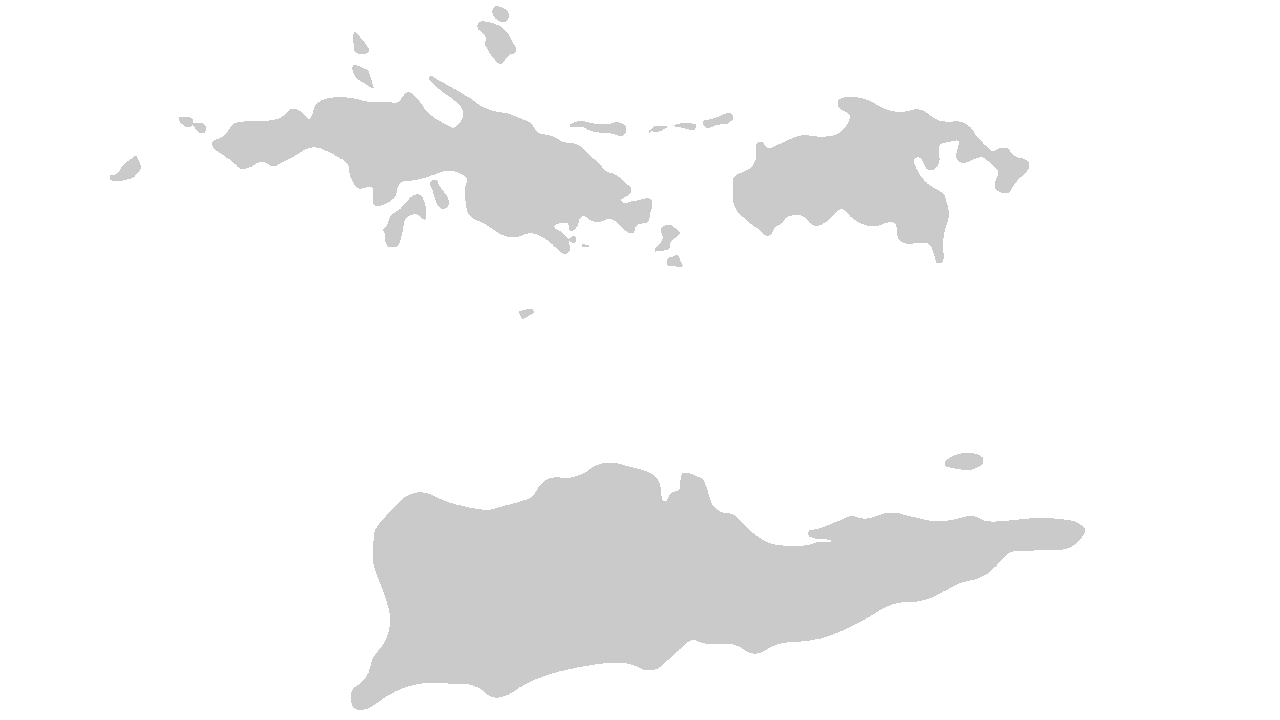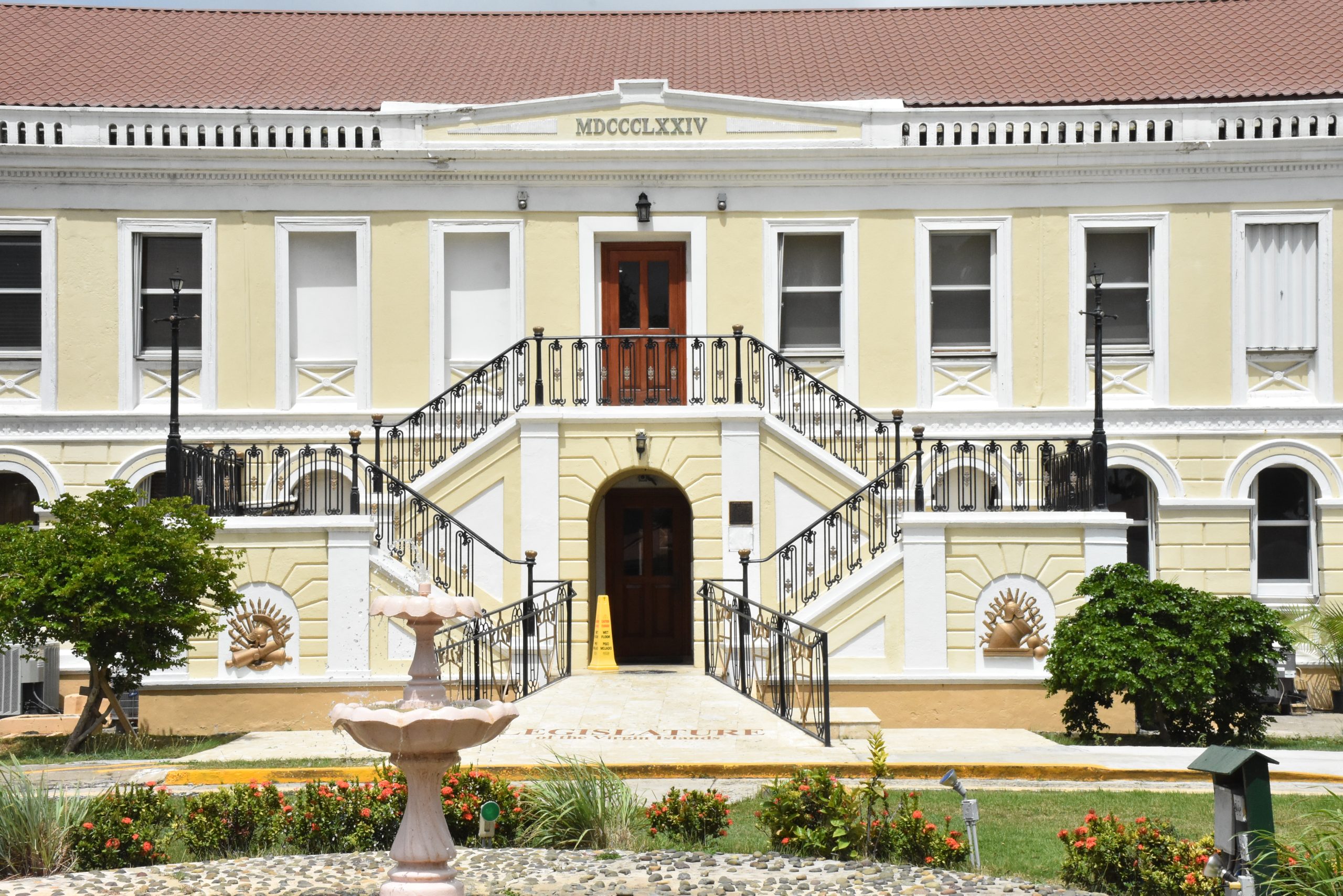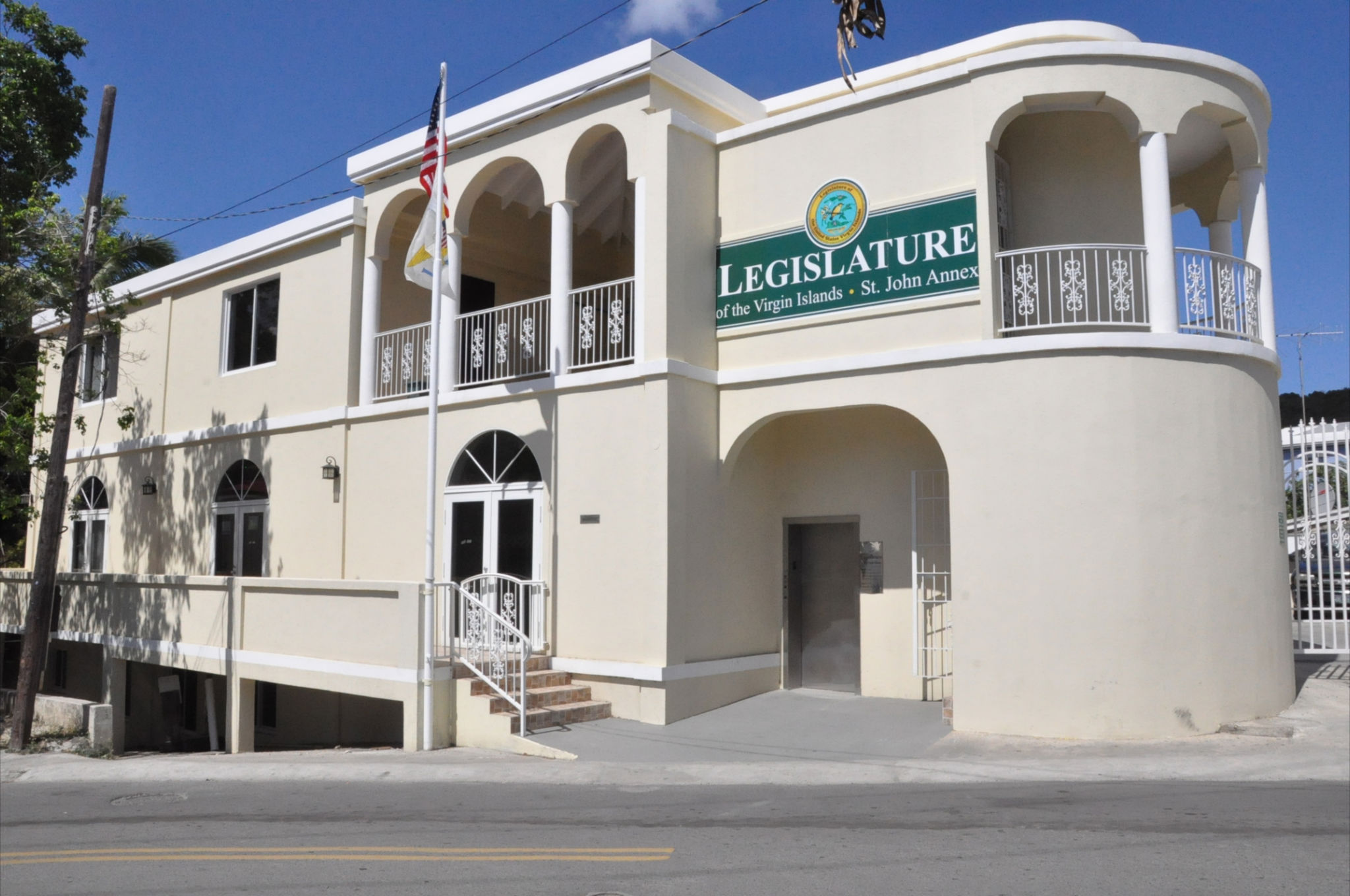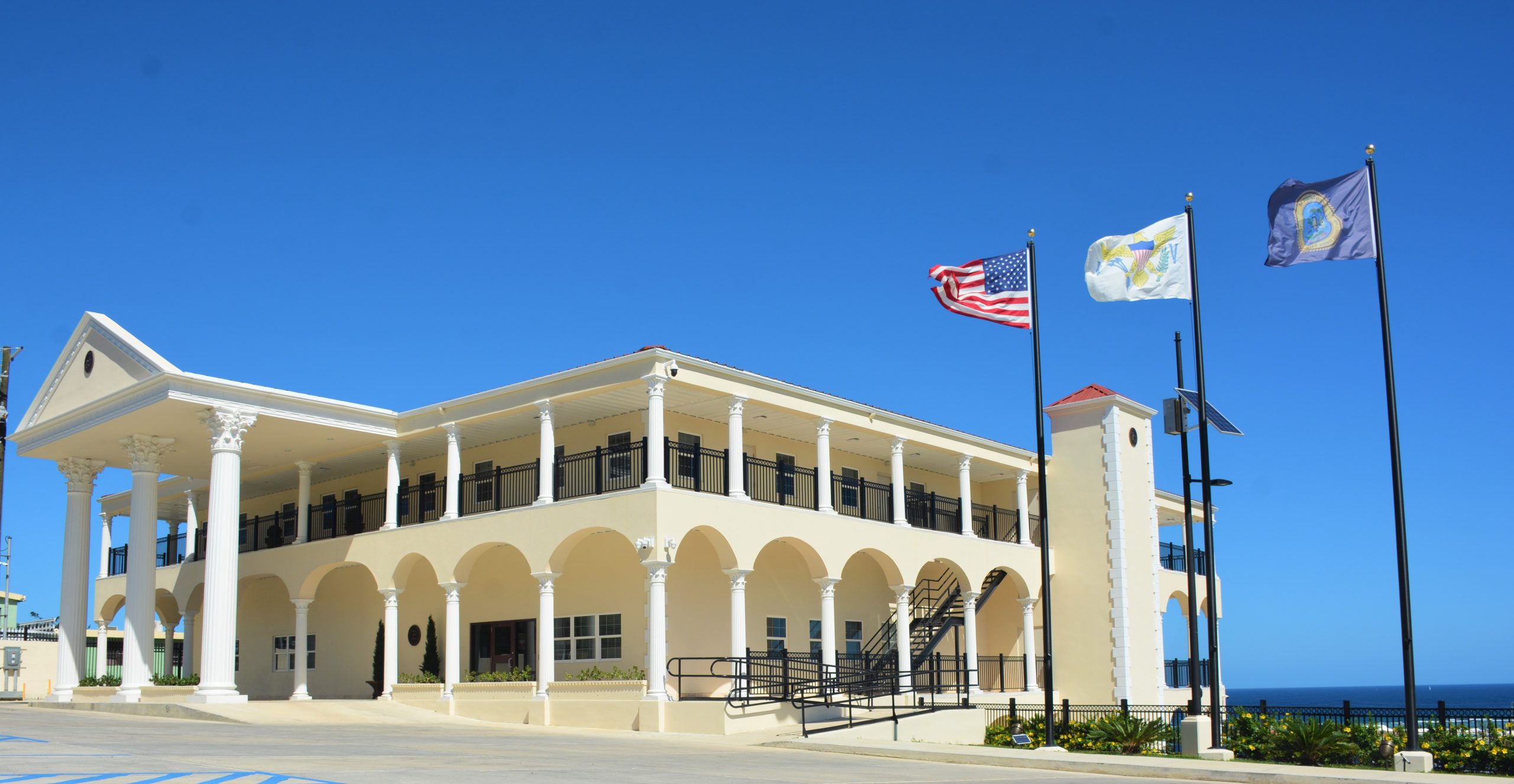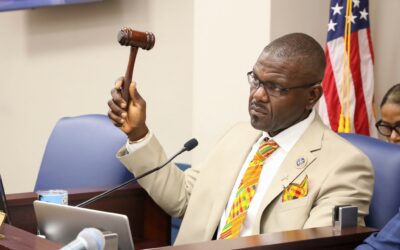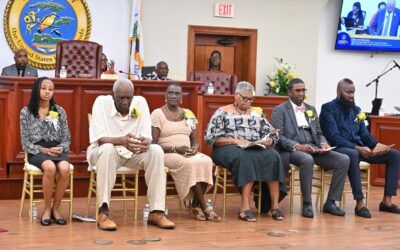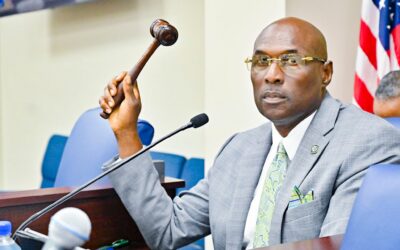COMMITTEE RECEIVES UPDATES FROM DEPARTMENT OF AGRICULTURE, VETS MEASURES ON GROSS RECEIPTS TAXES, CREDIT AND DEBIT SURCHARGES
Published: Apr 16, 2025

ST. CROIX, VI – The Committee on Economic Development and Agriculture, chaired by Senator Hubert L. Frederick, convened in the Frits E. Lawaetz Legislative Conference Room to receive updates on the state of agriculture in the United States Virgin Islands, including but not limited to challenges faced by local farmers, initiatives to support agricultural security efforts, and the availability of land, water, and financial resources. Additionally, lawmakers vetted a measure clarifying that gross receipt taxes must be paid by all contractors doing work in the Virgin Islands, regardless of physical location, and a measure prohibiting surcharges on credit card or debit card use.
Lawmakers first received testimony concerning the state of agriculture in the US Virgin Islands. Louis Petersen Jr., the Commissioner of the Department of Agriculture delivered an update on its operations. Petersen stated that the Department had experienced numerous successes and challenges during Fiscal Year 2025. These have included delivery of programs and services in all divisions of the agency, including the WIC Farmers Market Nutrition Program, the Senior Farmer Market Nutrition Program, progress with the USDA Natural Resources Conservation Services project in Bordeaux, St. Thomas, successful negotiations with employee unions and the Office Of Collective Bargaining, the acquisitions of ARPA funds, the issuance of a bid request for the cistern construction project in Bordeaux, Agrifest, upgrades to the St. Croix abattoir, and the purchase of new equipment with funding from the Office of the Interior.
Petersen stated that challenges at the Department included staff shortages, machinery breakdown, inclement weather preventing land preparation work, funding shortages, cash flow availability, low staff salaries, and lack of insurance providers to offer liability coverage for farm operations. There was a need for a functional abattoir in the St. Thomas-St. John District. During the current fiscal period, there has been a shortage of critical staff, including the positions of Assistant Commissioner, Procurement Officer, and Administrator of Fiscal and Personnel Services, which are currently vacant. Petersen suggested that one of the most important tools that should be used in addressing concerns is the Cooperative Business Model. Currently, there are 251 licensed farmers in the territory, 7 on St. John, 204 on St. Croix and 40 on St. Thomas. Petersen suggested that farmers should pool their collective resources, including economic power to make bulk purchases such as livestock feed, fertilizer, irrigation supplies, pesticides, soil and other supplies.
Sommer Sibilly-Brown, Founder and Executive Director of the Virgin Islands Good Food Coalition stated that the state of Agriculture reveals numerous challenges. According to the USDA’s 2022 Census of Agriculture, 676 farms operate in the US Virgin Islands. More than 90% are under 20 acres, and over 60% earn less than $5,000 a year. The average age of a producer is almost 59, and less than 10% are under 35. One third identify agriculture as their main occupation. There are more than 7,000 acres designated as farmland, but less than 1,000 acres are used for crop production. Sibilly-Brown voiced concern over the fact that the territory imports over $154 Million in food annually. Five categories, poultry, beef, fish, vegetables, and eggs account for $60 million of the figure. Sibilly-Brown voiced the need to invest in solutions that support farmers in the territory. Stating that the Virgin Islands was at a tipping point, she mentioned that many federal programs that kept the food system in the Virgin Islands afloat were being threatened. She urged the body to act to protect the food future.
Yvette Brown, co-owner of Sejah Farm of the Virgin Islands, voiced major concern about the state of Agriculture in the territory. Brown stated that one of the major challenges facing farmers in the territory was the lack of execution and enforcement of Title 3 and Title 7 of the Virgin Islands Code, stating that there has been no meaningful action to establish the infrastructure, technical assistance, or services required to develop and grow a viable agricultural economy. Brown also stated that the University of the Virgin Islands has not fully performed its extension duties, with minimal or no practical application or visibility of off farm research initiatives, field demonstrations or direct engagement to translate scientific findings into real world applications. Brown recommended that existing agricultural laws be fully implemented, strengthening legislative oversight, establishing performance-based accountability framework, ensuring interagency collaboration and empowering local stakeholders. Brown stated that she intended to engage the legislature with initiatives that would transform and strengthen food security in the US Virgin Islands.
Nate Olive of the Virgin Islands Farmers Alliance stated that the Farmer’s Alliance is dedicated to support the act of farmers working together to meet food security needs in the territory, which includes stocking farmer’s markets and supermarkets, the farm to school program, and collaborative farm productions, aggregation and collective marketing efforts, including the Weekly ridge to reef farm share subscription phone application. The department prioritizes environmental stewardship through support of organic and regenerative practices. Through partnerships with programs like the USDA’s Transition to Organic Partnership Program and SARE, VIFA offers technical assistance, education, and research to help producers improve yields while preserving natural resources. The organization collaborates with local institutions like the VI Department of Agriculture and UVI to provide organic inputs, certification support, and workshops for farmers. Current research includes evaluating seed performance, studying mulching techniques, and launching a composting project with Island Green Living to promote sustainable agriculture across the territory.
Usman Adamu, Dean and Director of the University of the Virgin Islands School of Agriculture highlighted the University’s role with workforce development through academic degrees and certificates, as well as non-formal training programs provided by the Cooperative Extension Services in areas such as sustainable farming, youth development, and digital literacy. Adamu highlighted research conducted by the Agricultural Experiment Station, which included innovation in sorrel cultivation, watermelon and sweet corn trials and sheep breeding to enhance food security and promote healthier local diets. Additionally, Adamu discussed the school’s collaborative work with farmers, government agencies, and other land grant institutions to promote community-based agriculture and farm to table initiatives. Major issues included funding, land access and infrastructure limitations, especially the need for local matching required for federal USDSA grants. Adamu additionally voiced support for the Virgin Islands Agricultural Plan, expanding academic programs, and hosting the Annual Caribbean Conference. He stated that this would help improve local food production and improve agricultural education in the territory. Eldridge Thomas, a member of We Grow Food Inc, stated that we have to make agriculture exciting again. Thomas said he found it insulting that the Virgin Islands produced a very limited amount of food. He stated that we must attract young people to the field, stating that the average farmer was approaching retirement age. Thomas also called on the Department of Agriculture to be able to provide services to farmers.
Lawmakers also considered Bill No. 36-0063, An Act amending title 33, Virgin Islands Code subtitle 1, chapter 3, sections 41, 42(a), and 43(a) and (c) to clarify that gross receipts taxes must be paid by all contractors doing business in the Virgin Islands regardless of physical location. The measure was proposed by Senators Clifford A. Joseph, Sr., Novelle E. Francis, Jr., Marise C. James and Hubert L. Frederick.
Joel Lee, Director of the Bureau of Internal Revenue, said that the proposed measure would strengthen the language of various sections of the Virgin Islands code by clarifying that gross receipt taxes apply to all entities that perform businesses in the Virgin Islands, even if the entities are created, formed, managed or headquartered outside of the US Virgin Islands. Gross Receipt Tax is a Tax that is applied to the gross sales of any entity doing business, without deductions for expenses. This is imposed on sole proprietors, corporations, partnerships, and any other type of association conducting business. This would require any business operating in the territory to pay their fair share of gross receipt taxes.
Additionally, lawmakers considered Bill No. 36-0019, An Act amending title 12A Virgin Islands Code, chapter 2, subchapter I, section 101 to prohibit the imposition of a surcharge for the use of a credit or debit card. The measure was proposed by Senator Marvin A. Blyden.
Glendina Matthew, Director of the Division of Banking, Insurance and Financial Regulation delivered testimony. Matthew and the Division voiced opposition to the bill, stating that it would adversely affect businesses in the territory, particularly insurance agencies conducting business in the territory. Act 8205, which mandated that businesses in the territory, with the exception of itinerant vendors, certified by the department of licensing and consumer affairs, and commercial establishments with an annual volume of business of less than $50,000 per year, shall offer to its customers at least two payment options, cash and either credit or debit. Since this act has been enacted, the number of businesses that offer payment by card have increased. Matthew stated that if the bill were to be enacted, businesses that charge surcharges or utilizing third party vendors for credit card processing would have to absorb the respective payment processing fee as a cost of doing business or revisit their pricing model to take into consideration the additional fee. Additionally, Matthew stated that not all business models allow for easy price or cost increases, such as insurance agencies which may operate off commission.
Horace Graham, Assistant Commissioner of the DLCA delivered testimony on the proposed measure. Graham stated that while the Department supported the bill’s substance, they asked that the Committee consider the matter of statutory placement, and recommended clarifications and statutory adjustments to improve its implementation. Graham stated that the bill aligns with its mission to protect customers and promote transparency in commerce and stated that it also mirrors federal provisions under the Durbin Amendment of the Dodd-Frank Act, which permits cash discounts, providing that they are clearly disclosed and uniformly applied.
Ian Clement, Deputy Attorney General of the Virgin Islands Department of Justice voiced support for the proposed measure. Clement stated that the bill aligned with the history of federal and state regulation in the area, especially as it pertains to the now expired Truth in Lending Act, which once barred credit card surcharges, but allowed cash discounts. Clement stated that the proposed measure is likely constitutional, because it regulates commercial conduct, and not speech, and supports the Government’s interest, including consumer protection, tourism and the advancement of payment technologies. Clement stated that prohibiting surcharges improves public safety by encouraging cashless transactions, particularly for tourists.
John P. Woods, President of the St. Thomas-St. John Chamber of Commerce voiced opposition to the proposed measure. Woods stated that prohibiting credit card surcharges unfairly burdens businesses in a very high-cost environment. Woods reiterated that credit card fees are a standard cost of doing business and should be transparently passed on to the customers who use credit rather than hidden in overall prices that affect all customers. He stated that the bill would unintentionally shift credit card fees onto consumers and limit business autonomy in pricing and stated that the legislature should not interfere with operational decisions and leave those decisions to merchants. Akeel St. Jean of the St. Croix Chamber of Commerce also opposed the proposed measure, stating that surcharges are just businesses passing along the high fees imposed by major banks and card companies. St. Jean stated that the proposed measure would increase costs paid by customers and would force businesses to absorb card fees.
Bill No. 36-0063 was voted upon favorably and will be sent to the Committee on Rules and Judiciary for further consideration and action. Bill No. 36-0019 was held in Committee at the call of the Chair.
Senators in attendance included Hubert L. Frederick, Angel L. Bolques Jr., Alma Francis Heyliger, Novelle E. Francis, Jr., Kenneth L. Gittens, Marise C. James, Franklin D. Johnson, Clifford A. Joseph, Avery L. Lewis, and Milton E. Potter.
The Division of Public Affairs is committed to providing the community with accurate information on legislative proceedings and other events at the Legislature of the Virgin Islands. Visit legvi.org.
####
\
Related Content
COMMITTEE RECEIVES UPDATES FROM VIFEMS AND POLICE DEPARTMENT
ST. CROIX, VI – The 36th Legislature of the Virgin Islands’ Committee on Homeland Security, Justice, and Public Safety, led by Senator Clifford A. Joseph, Sr, met in the Frits E. Lawaetz Legislative Conference Room. Lawmakers received updates from the Virgin Islands...
COMMITTEE HOSTS PERMA PLAQUE CEREMONY FOR SEVERAL HONOREES
ST. THOMAS, VI - The Legislature of the Virgin Islands hosted a Permanent Plaque Ceremony at Earle B. Ottley Legislative Hall to formally recognize and commemorate individuals whose service, leadership, and contributions have left a lasting impact on the...
COMMITTEE VETS LEASE AGREEMENTS, MEASURE TO REDESIGN FUNDING SOURCES FOR SEVERAL ENTITES, MODIFY RENEWAL PROVISIONS FOR INSURANCE PRODUCER LICENSES, ESTABLISH “IMPAIRED DRIVING AND HIGHWAY SOBRIETY CHECKPOINT PROGRAM SAFETY FUND”
ST. CROIX, VI - The Committee on Budget, Appropriations, and Finance, led by Senator Novelle E. Francis, Jr. met in the Earle B. Ottley Legislative Hall. Lawmakers considered various lease agreements for the island of St. Thomas. Additionally, lawmakers vetted...
